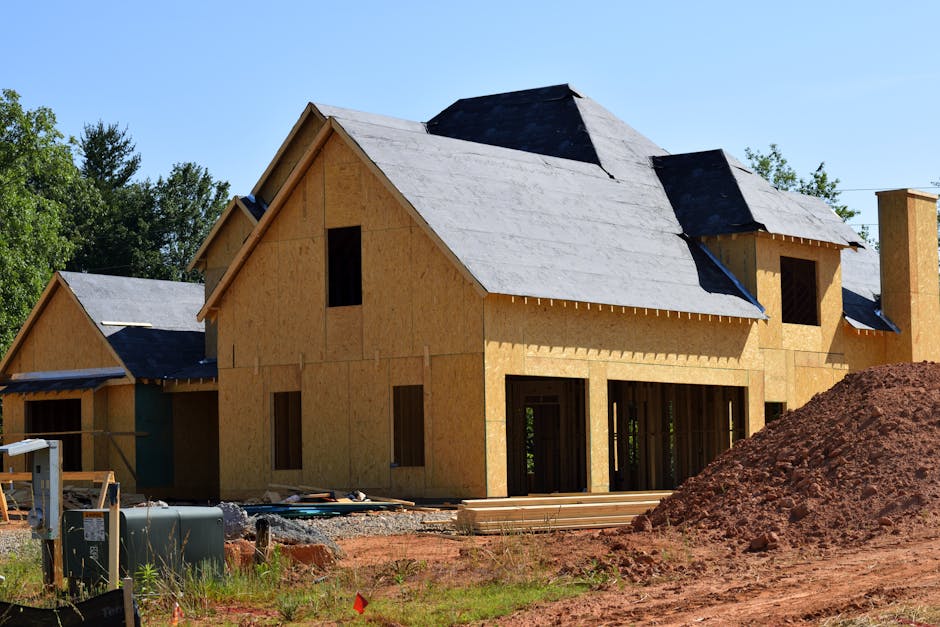Finding the Perfect Home with Real Estate Vertical Search Engines
Finding the perfect home can be a daunting task. With numerous listings spread across various websites, it often feels overwhelming for potential buyers and renters. Real estate vertical search engines have become an essential tool in simplifying this process by aggregating listings from multiple sources into one platform. These specialized search engines provide users with a comprehensive and efficient way to explore real estate options tailored to their preferences.
Understanding Real Estate Vertical Search Engines
Real estate vertical search engines are dedicated platforms that focus exclusively on property listings. Unlike general search engines, these tools streamline the search process by filtering results specifically related to real estate. Some well-known examples include Zillow, Realtor.com, and Trulia. These platforms gather data from various sources, including MLS (Multiple Listing Service) databases, individual real estate agencies, and even private sellers.
One of the primary advantages of using a vertical search engine is the ability to access a vast array of listings in one place. This eliminates the need to visit multiple websites, saving time and effort. Additionally, these platforms often offer advanced filtering options, allowing users to narrow down their search based on criteria such as location, price range, property type, and more.
Another significant benefit is the inclusion of detailed property information. Listings typically feature high-quality photos, virtual tours, floor plans, and comprehensive descriptions. This enables potential buyers and renters to make more informed decisions without needing to physically visit each property.
Key Features of Effective Real Estate Search Engines
When evaluating real estate vertical search engines, several key features distinguish effective platforms from less useful ones. These include:
- User-Friendly Interface: An intuitive and easy-to-navigate interface is crucial for a positive user experience.
- Advanced Search Filters: The ability to filter searches by various criteria helps users find properties that match their specific needs.
- Comprehensive Listings: High-quality images, virtual tours, and detailed descriptions provide a thorough overview of each property.
- Updated Information: Regularly updated listings ensure users have access to the latest available properties.
A platform that incorporates these features can significantly enhance the home-searching process. For instance, Zillow offers an interactive map that allows users to visualize properties in specific neighborhoods. Realtor.com provides neighborhood insights and school information alongside property listings.

The Role of Data Aggregation

Data aggregation plays a vital role in the functionality of real estate vertical search engines. By collecting and consolidating data from multiple sources, these platforms present users with a more comprehensive view of available properties. This approach not only broadens the scope of potential options but also helps ensure that users do not miss out on relevant listings.
The accuracy and reliability of aggregated data are critical factors in determining the effectiveness of a search engine. Reputable platforms employ sophisticated algorithms and regular updates to maintain data integrity. For example, Trulia utilizes user feedback and continuous data validation processes to ensure accurate information.
Market Trends and Insights
Beyond providing property listings, many real estate vertical search engines offer valuable market insights and trends. These analytics can help buyers make informed decisions by understanding market conditions and property value fluctuations. Tools such as price trend graphs, market comparison reports, and investment calculators add an extra layer of information for users.
Zillow’s Zestimate feature is a prime example of this value-add service. It provides an estimated market value for homes based on public data and user-submitted information. Similarly, Realtor.com offers a Market Hotness Index that indicates how competitive the market is in different areas.
| Platform | Unique Feature | Website |
|---|---|---|
| Zillow | Zestimate - Home Value Estimation | zillow.com |
| Realtor.com | Market Hotness Index | realtor.com |
| Trulia | User Feedback Integration | trulia.com |
User Experience and Accessibility
A seamless user experience is fundamental to the success of any real estate vertical search engine. Platforms must prioritize accessibility features to cater to diverse user needs. Mobile compatibility is particularly important as more users rely on smartphones for their searches.
User reviews and ratings also play a significant role in shaping the overall experience. Positive feedback can enhance credibility and attract more users, while negative reviews highlight areas for improvement. Effective customer support further contributes to user satisfaction by addressing inquiries and resolving issues promptly.
Real estate vertical search engines simplify the home-buying process by consolidating listings from various sources into one platform. Key features such as advanced filters, comprehensive listings, and updated information enhance the overall user experience. Data aggregation ensures that users have access to accurate and reliable information across a wide range of properties.
The inclusion of market trends and insights adds valuable context for potential buyers and renters, enabling them to make well-informed decisions. By focusing on user experience and accessibility, these platforms continue to evolve in response to changing consumer needs.